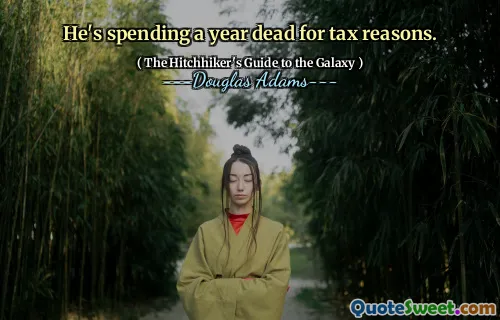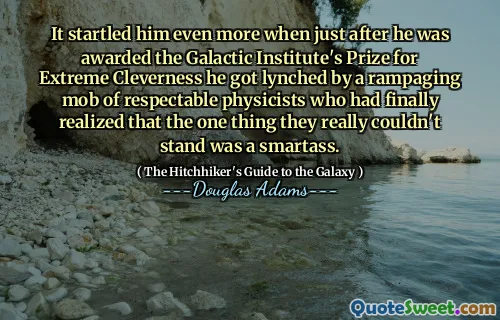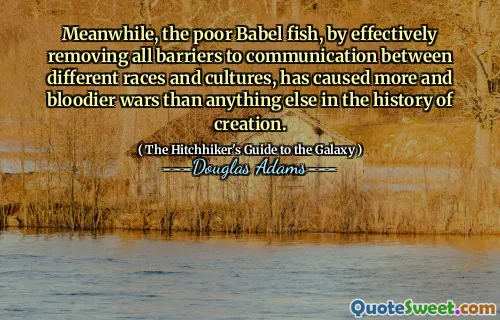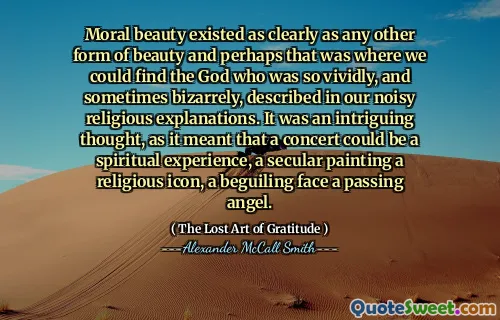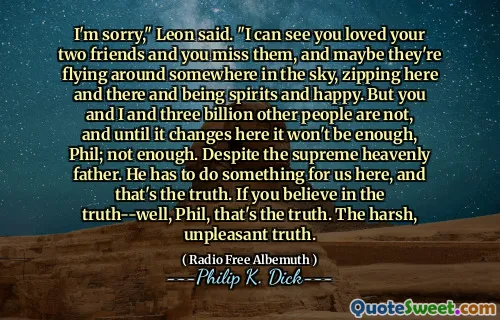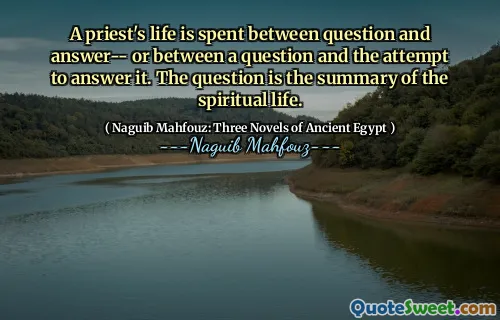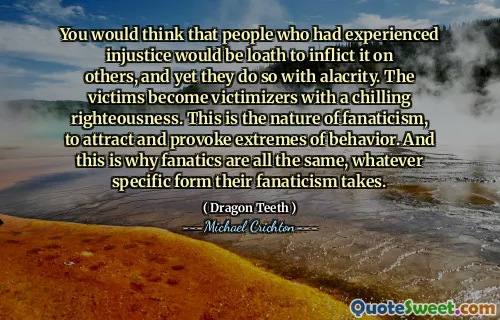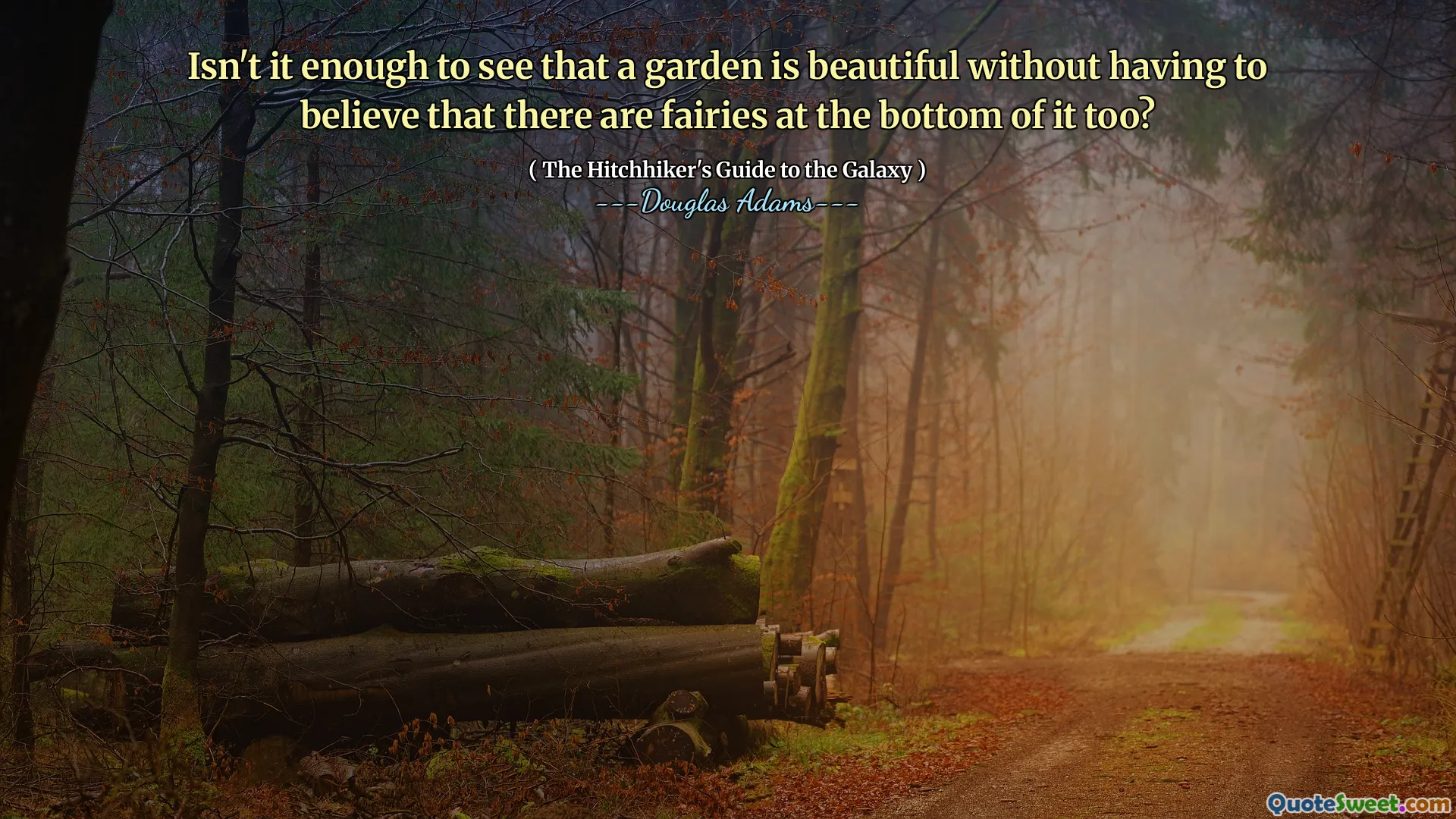
Isn't it enough to see that a garden is beautiful without having to believe that there are fairies at the bottom of it too?
This quote invites us to contemplate the nature of beauty and our perceptions of it. At first glance, it suggests that appreciating something's inherent beauty doesn't require us to believe in fanciful or mythical explanations. This idea can be extended beyond gardens to many facets of life—art, love, happiness—where the appreciation of beauty doesn't necessarily hinge on a deeper or mystical meaning. Often, humans tend to look for stories or beliefs that add a layer of wonder or significance to simple pleasures, perhaps as a way to deepen their emotional experience or fulfill a desire for magic. However, the quote urges us to consider that the simple existence of beauty is enough. It emphasizes that the value of beauty doesn't diminish if it is admired without imagination or fairy-tale beliefs. This perspective encourages honest appreciation and perceptions grounded in reality, reducing the need to embellish our experiences with unnecessary beliefs that might overshadow the true, uncomplicated joy that genuine beauty provides. Moreover, it highlights a broader philosophical stance on authenticity—finding value in things as they are, without the need for embellishment or fantasy. Sometimes, our obsession with adding layers of meaning can distract us from merely experiencing things truly and fully. Like a garden that is beautiful on the surface, there is profound value in accepting beauty as an end in itself, rather than a doorway to mystical stories. Embracing this idea can lead to a richer, more authentic experience of the world around us—free from the need to see fairy-tale creatures at the bottom of every garden.
